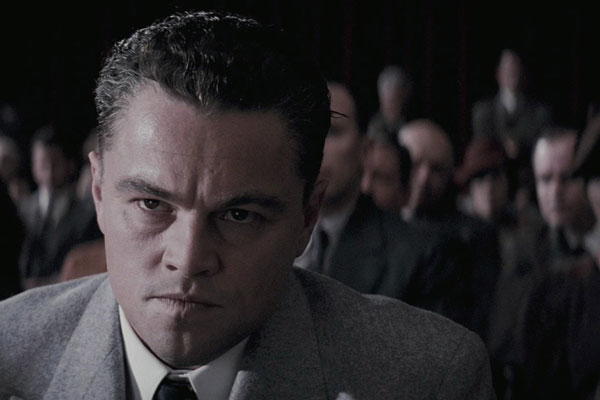While many women have been planning their weddings to Leonardo DiCaprio since they were young, seeing him as a 70-year-old might change their minds. However, even with wrinkles, DiCaprio manages to make “J. Edgar” a good movie.
“J. Edgar,” a Clint Eastwood-directed biographical drama about the life of John Edgar Hoover (the first director of the FBI), spans the 48 years he spent in that position. The film dissects Hoover’s life, from his occasional morally gray actions to his alleged homosexuality.
DiCaprio stars in the title role, giving what could possibly be the performance of his career. He commands attention whenever he is on screen (which is most of the movie), just as the man he portrays was known for. His emotions are superbly acted, being just subtle enough to accurately depict Hoover’s often stoic nature while still alerting audiences of his emotional turmoil.
While the movie is clearly DiCaprio’s time to shine, Armie Hammer, best known for playing both of the Winklevoss twins in “The Social Network,” certainly gives a masterful performance as Hoover’s deputy and closest companion, Clyde Tolson.
In a movie based around Edgar’s profession, it is surprising that the most interesting scenes do not come from Hoover’s somewhat questionable career moves, but rather the relationships he had, both with his mother (Judi Dench) and Tolson.
Despite its phenomenal performances and solid premise, “J. Edgar” is far from flawless. The script gets a bit muddled in places, making it occasionally hard to follow. The lighting is poor, sometimes too dark to clearly make out the scene, and the age make-up appears almost laughable (especially on 25-year-old Hammer).
Even with these faults, “J. Edgar” gives insight into one of the United States’ most important figures, but what could be the most historical part about “J. Edgar” is not the plot itself, but that it might just be the one movie that finally wins Leonardo DiCaprio his well-deserved Oscar.






































![Teacher Lore: Mr. Hillman [Podcast]](https://bsmknighterrant.org/wp-content/uploads/2025/03/teacherlorelogo-1200x685.png)




